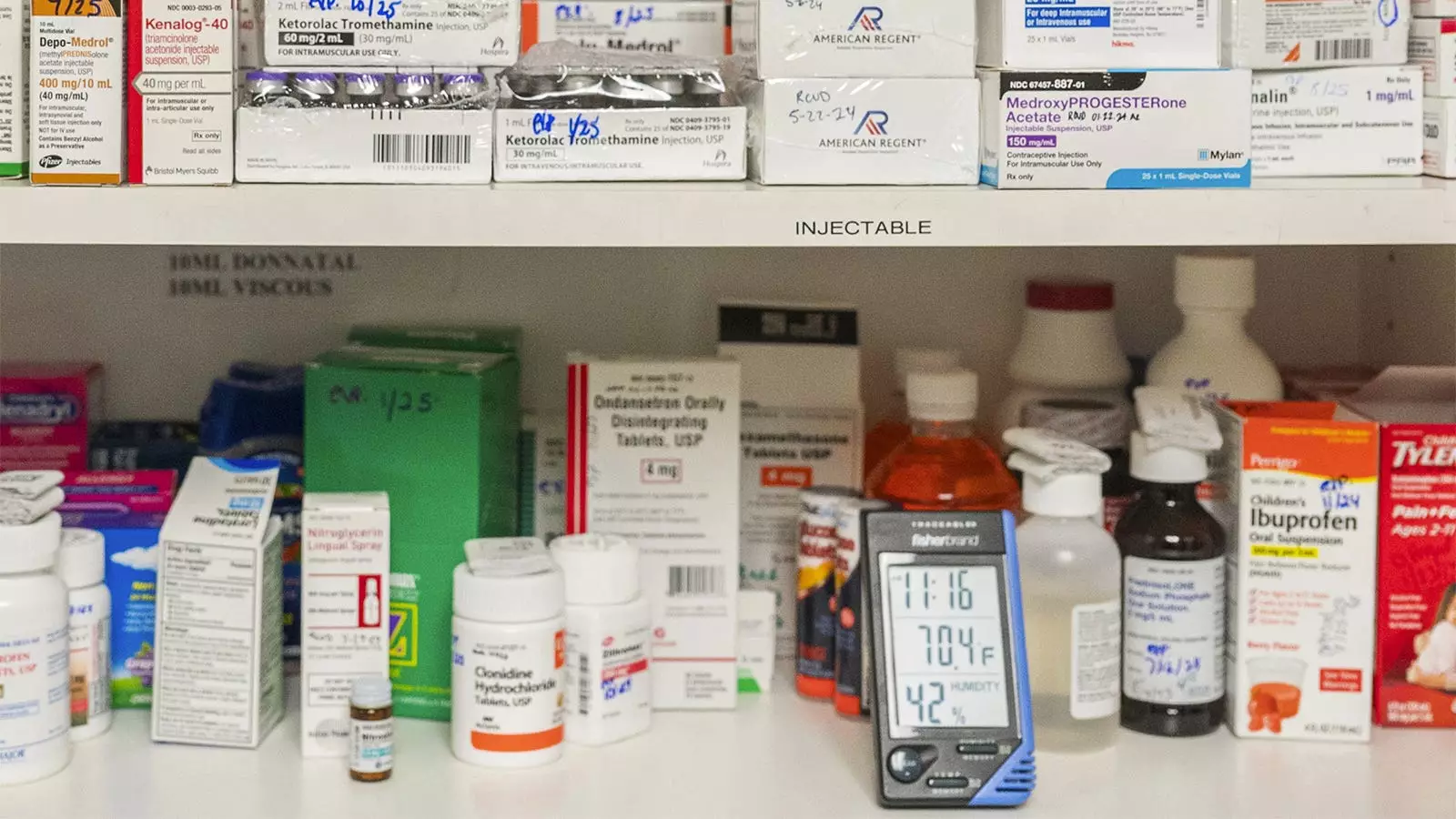Extreme heat is not only a threat to our physical health but can also have detrimental effects on the medications we rely on. High temperatures can amplify the side effects of common medications, making it crucial for individuals to be aware of the potential risks. For example, certain medications like blood pressure pills, beta blockers, and antidepressants can exacerbate dehydration and hinder the body’s ability to regulate temperature. Additionally, over-the-counter pain relievers can further decrease fluid levels, making it challenging for the body to cope with hot weather conditions. It is essential for individuals to understand how their medications can interact with heat and to consult with healthcare professionals for guidance on staying safe.
Sensitivity to Sun and Medications
Apart from side effects, some medications can also increase sensitivity to sunlight, resulting in skin irritations and sunburns. Antibiotics, antifungals, and acne drugs are known to heighten sun sensitivity, emphasizing the need for proper sun protection when taking these medications. It is advisable to limit sun exposure, wear protective clothing, and use sunscreen to prevent adverse reactions. Considering how medications can affect our skin’s reaction to sunlight is vital in maintaining overall health and well-being, especially during hot weather conditions.
When traveling during the summer, it is crucial to pay attention to the storage requirements of your medications to prevent them from getting damaged by heat. While most medications should be stored in a cool, dry place, refrigeration might be necessary for some. Carrying medications in a cooler, even if they do not require refrigeration, can help maintain optimal conditions. When traveling by plane, it is recommended to keep medications in your carry-on bag to prevent exposure to extreme temperatures in the cargo hold. By being mindful of how medications are stored during travel, individuals can avoid potential risks associated with heat exposure.
Mail-order pharmacies play a crucial role in ensuring that medications are stored and transported at safe temperatures. However, challenges can arise, especially during hot weather conditions. Medications delivered by mail are at risk of being exposed to high temperatures, potentially compromising their effectiveness. It is important for individuals to be proactive and take necessary precautions, such as requesting special packaging with ice packs and temperature monitors. Monitoring the condition of mail-order medications and reporting any concerns to the pharmacy can help mitigate the risks associated with heat exposure.
The Need for Further Research
While some precautions are recommended to protect medications from heat, researchers highlight the need for more scientific evidence to support these guidelines. With climate change intensifying the impact of extreme heat, understanding which medications are most vulnerable to heat-related damage is crucial. Researchers emphasize the importance of conducting comprehensive studies to identify the medications that pose the greatest risks in high-temperature environments. By gaining a deeper understanding of how heat affects medications, healthcare professionals can develop more effective strategies to ensure patient safety in the face of rising temperatures.


Leave a Reply